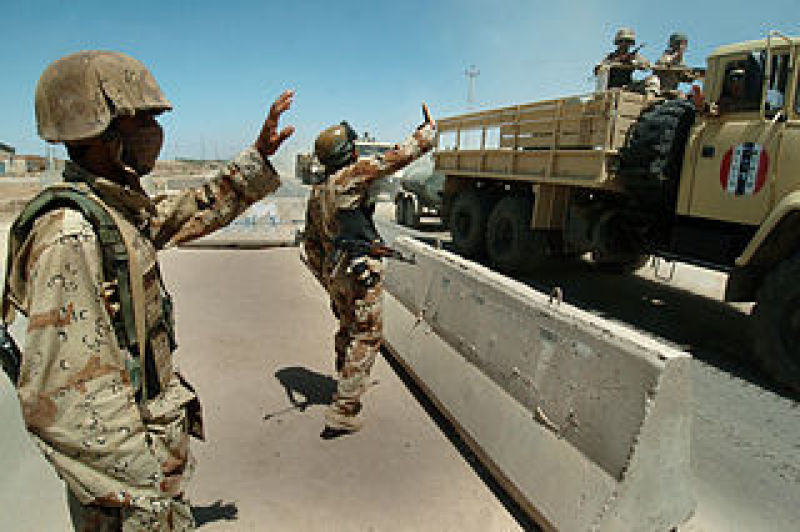
While France is reeling from the further identification of French nationals in the latest beheading video, the militant movement that British prime minister David Cameron has called his country's "greatest-ever security risk" has been infiltrated from the inside. Former al-Qaeda and ISIS group commander Abu Shakr has been imprisoned in Baghdad since late 2013, and has assisted Iraqi security officials ever since. His story emerged for the first time on Wednesday.
Shakr, a graduate of Baghdad University, first joined al-Qaeda in 2007 after he was angered by the entry of the United States armed forces into Iraq in 2003. Shakr then worked his way up the ranks of the organization and experienced the leadership change following the death of Iraqi leaders Abu Ayyub al-Masri and Abu Omar al-Baghdadi. Their successor, Abu Bakr al-Baghdadi, is responsible for then entering and laying foundations in Syria.
By the time Shakr was stationed as a group commander in the western Iraqi city of Fallujah in 2012, he was being paid US$65 per month, and also received an additional $65 for his family-the amount is considered a comfortable salary in Iraq.
Shakr then witnessed the transformation of the Iraqi al-Qaeda group into the Islamic State of Iraq and Syria (ISIS), after Abu Bakr al-Baghdadi introduced the name change in early 2013. Shakr explained that the first internal changes began after this shift, and pre-existent tensions in the group's relationship with al-Qaida Central grew further. Shakr describes a "changed" operation, "random" policies, and the targeting of Shiites and Christians that he objected to, because "It was not supposed to be this way".
Iraqi security officials eventually worked out that Shakr's family is his weakness and, following his arrest, negotiated a deal with him so that they could receive his help in exchange for favorable prison conditions. Even though Shakr has never openly condemned ISIS, his intelligence has led to the capture of suspects, and has helped the Iraqi military to win back key areas, such as the town of Beiji.

















